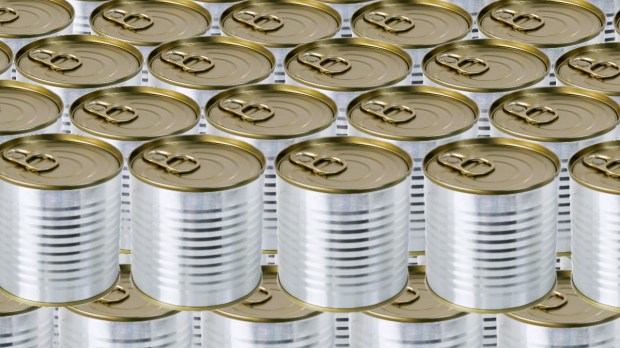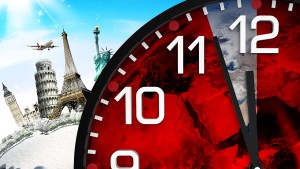Do any of these Google searches look familiar to you?
How much does a backup generator cost?
How to construct emergency shelter
City ordinances for backyard chickens.
High calorie low maintenance garden
Lately, I’ve noticed a preoccupation among some people with things like off-grid living, canning, survival skills, traditional ways of preparing foods, etc. There seems to be a big renaissance in my community, and in certain other parts of the country, of people wanting to get in touch with the land. They want to live more independently and with less reliance on the big-box stores close to them.
Often, this seems to be a positive endeavor for those involved. People learn new skills, build community with others who share their interests, and genuinely enjoy themselves and the independence they’ve gained. But there’s another side to the phenomenon that is less positive. Sometimes efforts at preparedness seem fear-driven and anxiety-producing — and that’s where I think a problem lies.
Why this yearning to be prepared?
What is this fear that motivates some people to pursue survival skills? Generally, it seems to be a fear of being left unprepared and vulnerable in emergency situations. I know that I dislike the unexpected. I want to be aware of what’s going on around me and to feel equipped to help rather than to be the one who desperately needs help and whose fate depends on the whims of chance.
As the future becomes more uncertain, I can understand how feeling more prepared and ready for whatever might come can be reassuring — especially in light of all the confusion and overall strangeness that we experienced with the pandemic. But how far is too far? Backyard chickens are one thing. An underground backyard bunker filled with three years’ worth of home-canned chicken breast is quite another.
What can help us discern how much is too much?
Wise and foolish virgins
We might start with what Jesus says about being prepared. There are two spots in Matthew that come to mind. In the 25th chapter, Jesus talks about the wise and foolish virgins — where the wise virgins are prepared for the bridegroom’s coming and the foolish ones are not. Following that story, He mentions the talents — where the wisest person used his talents to make more. But these parables seem to be addressing spiritual preparedness rather than earthly preparedness.
Earlier in Matthew, Jesus says, “Do not worry about tomorrow; tomorrow will take care of itself. Sufficient for a day is its own evil.” (Matthew 6:34) In other words, there are quite enough challenges that today puts on our plate.
Prepping with prudence?
What does the Church have to say? The Catechism of the Catholic Church informs us about the human virtues that should guide our life, particularly the four cardinal virtues: prudence, justice, fortitude and temperance. I think asking ourselves questions about how our preparedness efforts line up with prudence, the leader of these virtues, might give us a good sense of whether we are rightly emphasizing preparedness.
Prudence means “discerning our true good and the right means of achieving it.” (CCC 1806)
Here are some questions we might ask to discern if we are “prepping” in a way that takes all of the above into account:
Are any of our primary responsibilities or commitments suffering due to our preparedness efforts? This includes commitments to various key people in our lives such as our spouse, children, parents, employers, fellow volunteers, etc. If we are failing to spend time with an aging parent because we are prioritizing our local foraging class, we need to re-evaluate.
Jesus asks us to love God and our neighbor and to keep His commandments. Is preparing for potential disaster making us more self-centered, and/or is preventing us from actively loving our neighbor right now? If the answer is yes, then something needs to change.
How often do we dwell on potential future emergencies? Is thinking about the future causing us daily anxiety? If so, then it is probably time to focus on growing in our trust in God rather than leaning into more preparation. Our final goal is not a safe earthly life; it is eternity.
Finally, are the skills or traditional living techniques we are pursuing a good fit for us? Do they add value to our life now as well as potentially in the future? Do we enjoy the experience? If we find ourselves continually frustrated during a basket weaving class or putting vast amounts of time and effort into dehydrating foods that we never consume, this may not be the “right means of achieving” the good that can be general preparedness.



